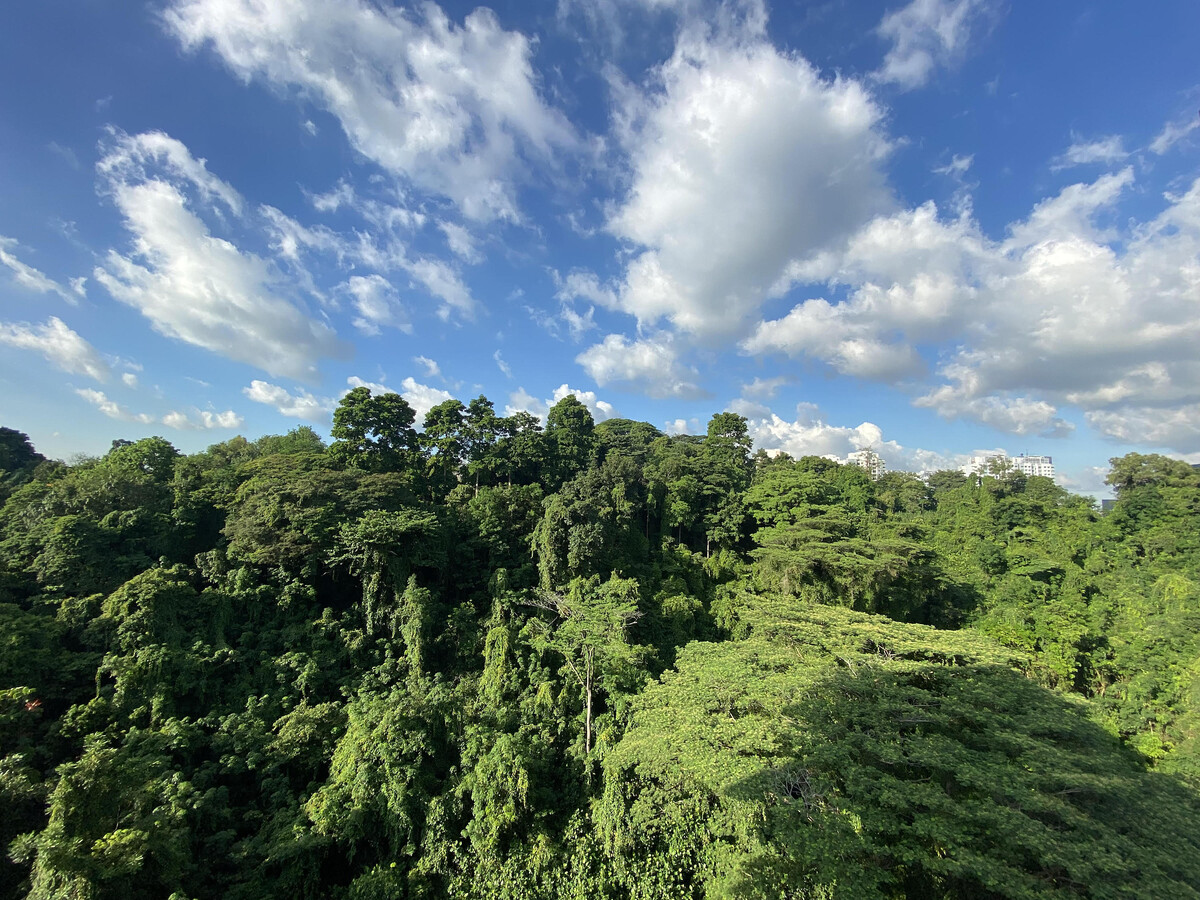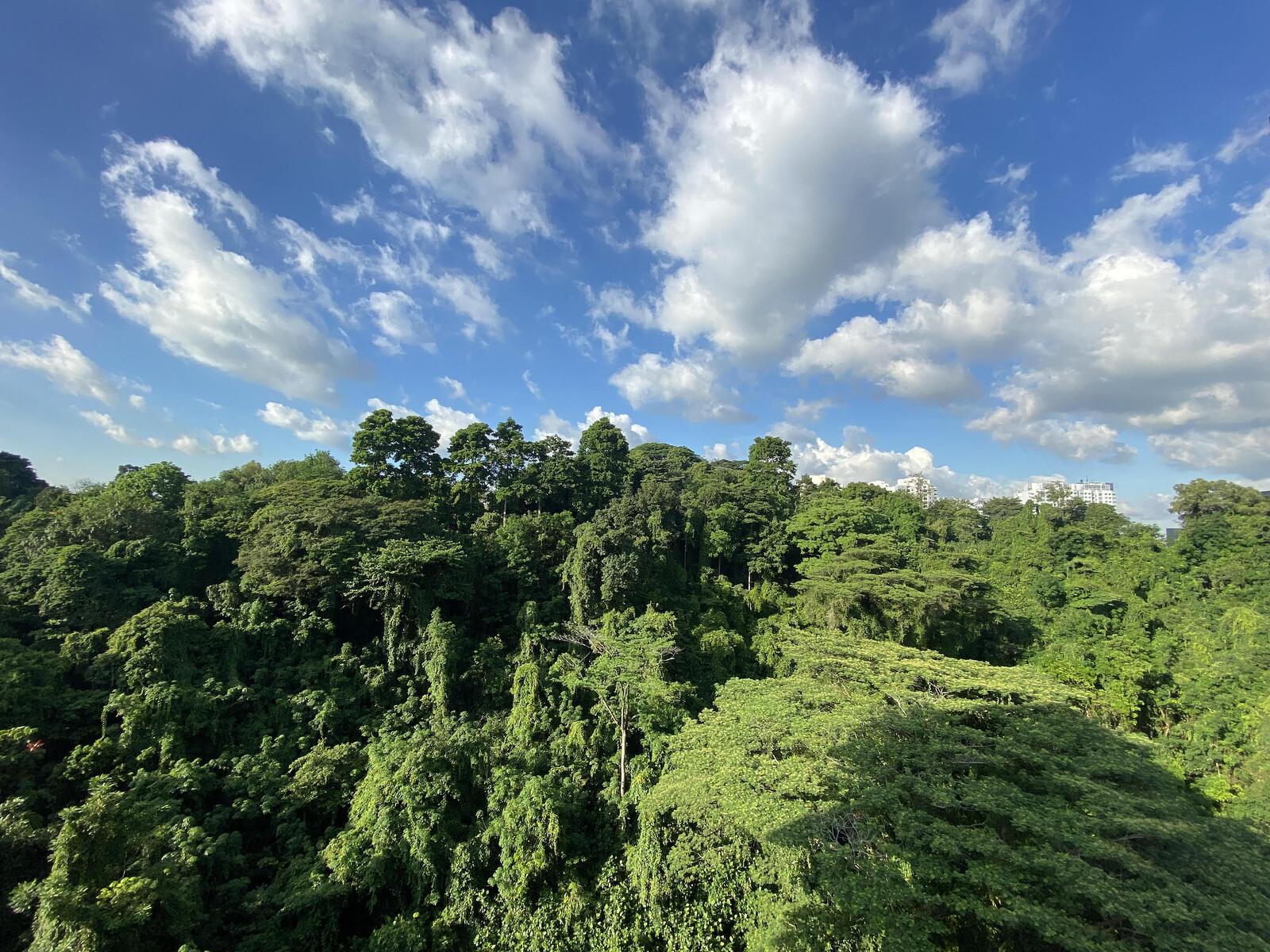In her recently published book, reviewed last month in these pages, Karen Archey made the case for critique—of art institutions, but more widely of the frameworks of governance by which our societies are organized—as an act of care. To hold something to account, she argues, is not to denigrate it but quite the opposite: we criticize the institutions we care about in order to improve them. Critique is not a weapon to be brandished against our enemies, a merely rhetorical means of demonstrating the “rightness” of one pre-established position over another. Instead it is a process by which to measure the degree to which the institutions we have a stake in are meeting their responsibilities. This process facilitates the reform that must be never-ending—the permanent revolution—if those institutions are to continue to serve the evolving needs of the people for whom they were established.
That criticism is not hostile to its object feels like a principle worth restating, when so much of the discourse—not only around contemporary art, but the societies it represents—feels like so many different ways of justifying a fixed political position. Criticism, in the above formulation, works against that tendency. Because it is predicated on judging something—let’s say, an exhibition—against a set of principles—that exhibitions should be intellectually stimulating, serve a demonstrable social function, be representative of the places in which they are situated, or just look nice—criticism should always entail self-reflection. If we are to make meaningful judgements, we must first re-examine the criteria we’re using to make them. Most of all, we have to be prepared for the possibility that the object under consideration might change those criteria: that it might change how we think about the world, and what we believe to be important within it. Those who criticize in order to reform must themselves be open to change.
This doesn’t entail a softly-softly criticism, of course. Checking the security of our foundations gives us the confidence to build more solid arguments, and the process can help to clarify positions as much as modify them. Sometimes we have to engage with things we really don’t like in order to understand which of the values that we unconsciously hold are so offended by them, and then to speak out in their defense. But we should be wary of the assumption that the material institutions and intellectual frameworks that shape our experience of the world must either be demolished in their entirety or preserved forever in aspic.
Or perhaps this is just another way of reminding ourselves to revisit and reappraise our own critical judgements alongside those of canonical art history. This month we’ll publish a review of one of the standout national pavilions at the Venice Biennale that we missed the first time around, as well as looking back on the work of Diamela Eltit, the Chilean artist and writer who was among the founders of an activist collective that protested the abuse of power during the Pinochet dictatorship, not only to shed greater light on histories too often neglected but to provide practical templates for a new generation of artists working in similar conditions to comparable ends. We’ll also carry reviews from the Berlin Biennale and two takes on Documenta, landmark exhibitions that are already polarizing opinion weeks before opening. And through it all we’ll maintain that even the fiercest criticism is motivated by faith in the underpinning principles: we criticize works of art and the institutions that surround them because we believe them to be valuable.
Each month, to accompany the editors’ letter, we publish a photograph from an artist’s place of work. This month we feature Heman Chong, an artist whose work is located at the intersection between image, performance, situations, and writing. He was recently Artist in Residence at Swiss Institute New York (2022); his current project at Morae Archives seeks contributions of secrets as material for The Book of Drafts, a forever incomplete novel. Chong is the co-director and founder (with Renée Staal) of The Library of Unread Books (2016-ongoing), a library made up of donated books unread by their owners, which will surface as a core project of the forthcoming Singapore Biennale.

